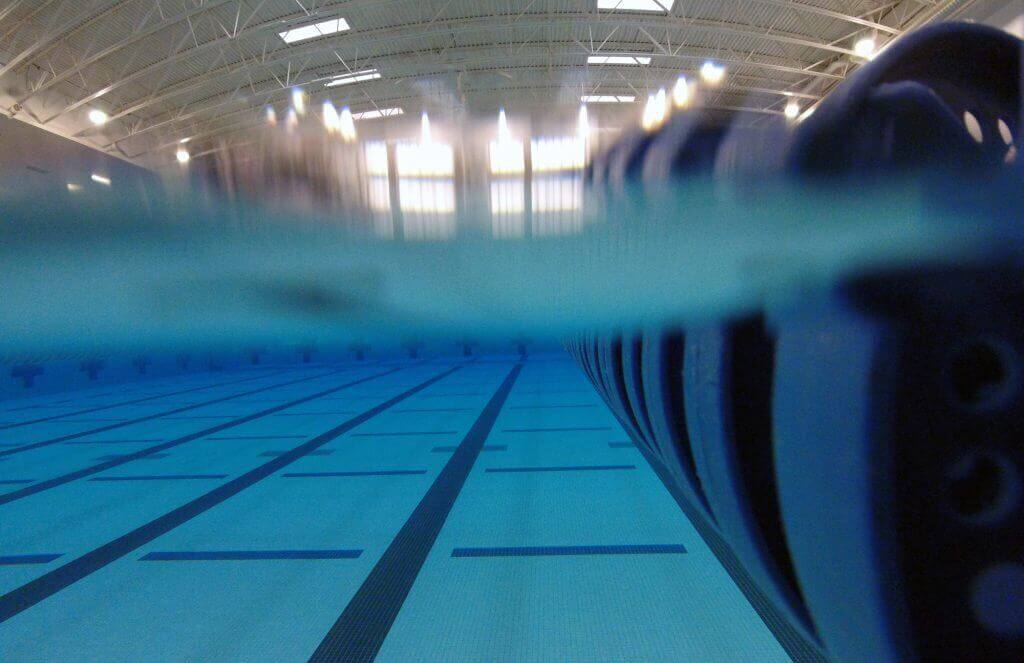The Lessons Swimming Can Learn From British Docuseries Panorama on ‘Dark Side’ of Club Programs

Lessons Swimming Can Learn From British Docuseries Panorama on ‘Dark Side’ of Club Programs
On May 24, the BBC released an episode of its investigative docuseries, Panorama, about the ‘dark side’ of swimming clubs in Britain. This episode sent shockwaves through the British swimming community and I believe many lessons can be learned as a result of the stories told through the production.
Toxic Coaching
Coaches play such a pivotal role in the experience a swimmer will have across their journey in the pool. While some can help you fall in love with the sport and progress to a level you had never believed possible, others can discourage you from turning up at all.
In this program, the latter was the primary focus. The ascendance to the status of world class athlete – such as Olympic champion Ruta Meilutyte and Olympic medalist Cassie Patten, both interviewed for the documentary – can easily create the impression that the coaching behind them must have been successful, nurturing and built off of a strong coach-swimmer bond. Yet, this relationship is shown not to be the case.
In truth, the effects coaches have on swimmers necessitates a delicate balance, one where grit and determination meet care and humanity. Sometimes, this balance is not struck, and the symptoms can take years to reveal themselves.
‘Marginal Gains’ and Body Image
A huge factor in the breakdown of a relationship related to an athlete’s weight. It is an area where coaches – especially in the past – significantly crossed the line while searching for ‘marginal gains’ in performance and reducing factors behind an athlete’s performance to nothing more than data in a spreadsheet. A previously used tactic designed to humiliate and pressure was regular public weighing.
Guidance published by UK Sport in 2007 advised against public weighing and coaches making derogatory remarks regarding weight or body image. Yet, regulation against these practices was limited and required internal investigations which could be flawed or lacked severity.
These guidelines, therefore, did not achieve the goal of preventing eating disorders, which were extremely prevalent in primarily female swimmers of earlier eras. Symptoms including forced vomiting after meals. Some coaches were not sympathetic. Quotes such as “well at least you are getting rid of the calories” in response to learning of an eating disorder, or pointing at areas of a swimmer’s body where the coach believed they needed to lose weight, illustrated very clearly to us that performance was heavily weighted over wellbeing.
What Was the Reaction?
Aquatics GB released a statement saying that there has been no public weighing of elite swimmers for more than a decade. However, the fact that it is only elite swimmers referenced is the key here, and Swim England admitted the 2007 guidance was not widely followed as it was supposedly only for elite athletes. But what about the grassroots level, where body-image pressure could be initiated?
Safeguarding
Farther in to the documentary, stories were shared that revealed how a male swimmer, Olympian Antony James, used his position of power and stardom in a predatory manner toward younger girls, beginning in the early 2010s.
We were told that it was widely known by many in and around James’ club – including coaching staff – that James was engaged in inappropriate relations with young girls and no action was taken. The docuseries noted that James’ star status at his club prevented individuals from speaking out.
This athlete was then further given a coaching role at the club upon his retirement from swimming, despite the knowledge of his previous transgressions. It was a full decade after these issues first came to light that the police became involved and it was only in February this year that James was sentenced to 21 years in prison.
While it is an easy and comfortable position to believe that these stories are rare, that stance is a dangerous assumption to make. These stories are much more prevalent than any of us would hope and, therefore, those in positions of power at swimming clubs must do everything they can to stay alert and prevent abuse of any kind.
Conclusions
Swimming is a sport that we all love and have a deep passion for. The vast majority of the time, it is deeply enjoyable, rewarding and fosters lifelong relationships with some of the best people you will ever meet. However, the community that we belong to is far from perfect.
While in all walks of life there will be unsavory individuals, we must strive to make the swimming environment safe, happy and healthy for all so that high performance can be achieved while cementing memories that athletes can savor for the rest of their lives.



